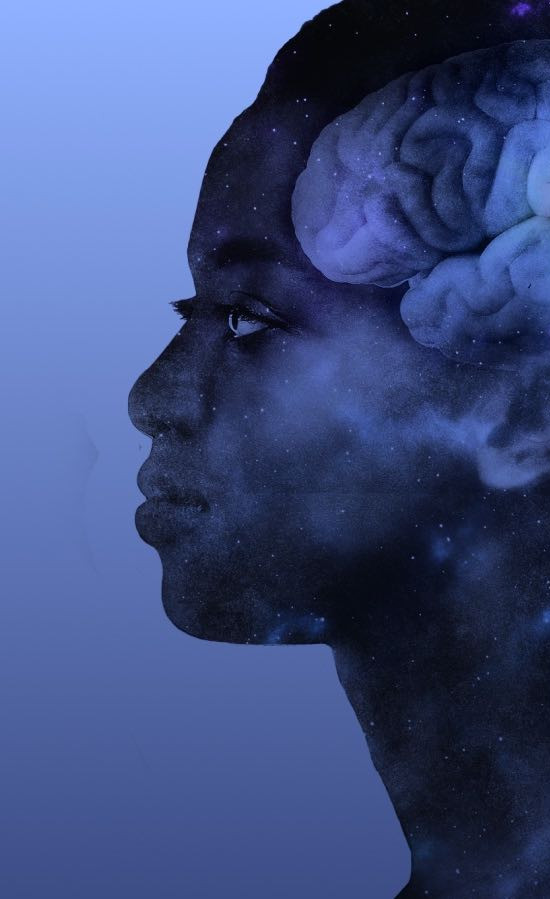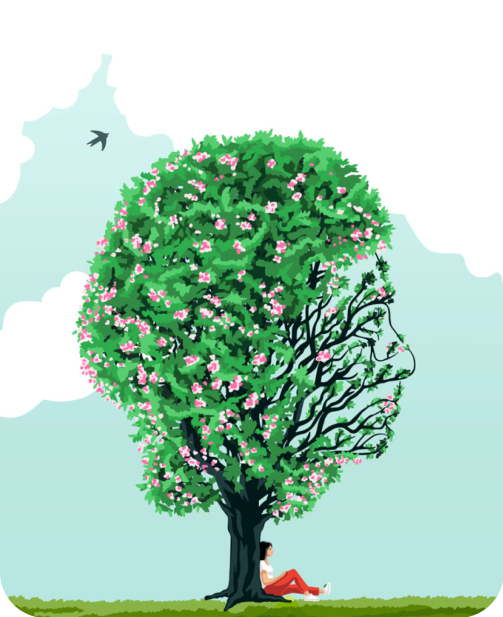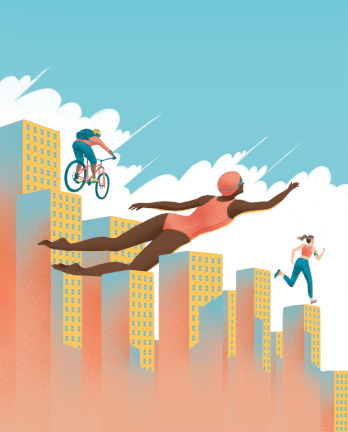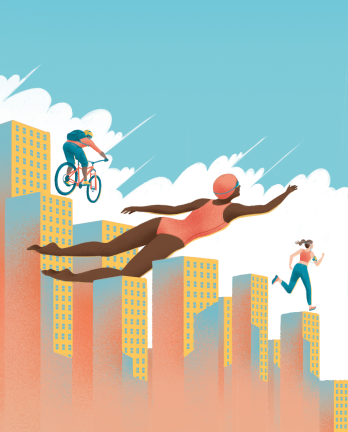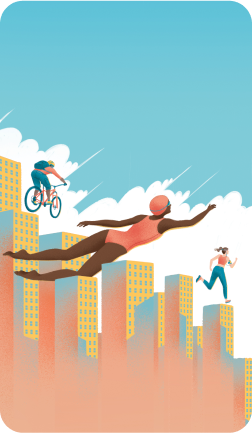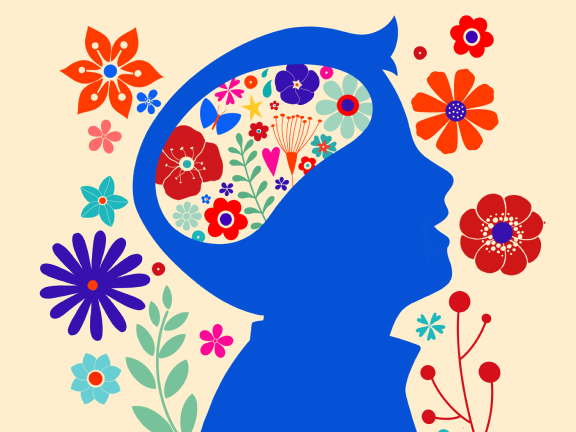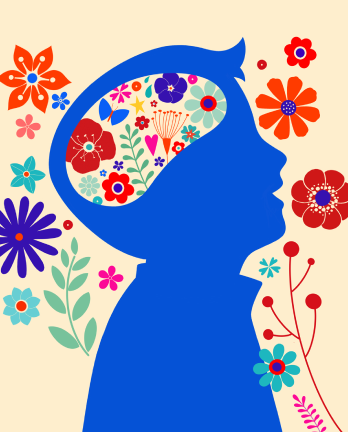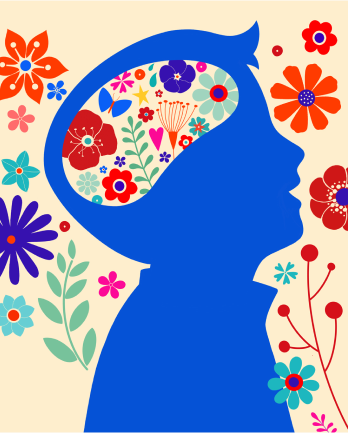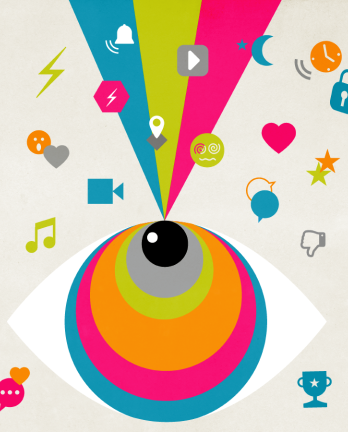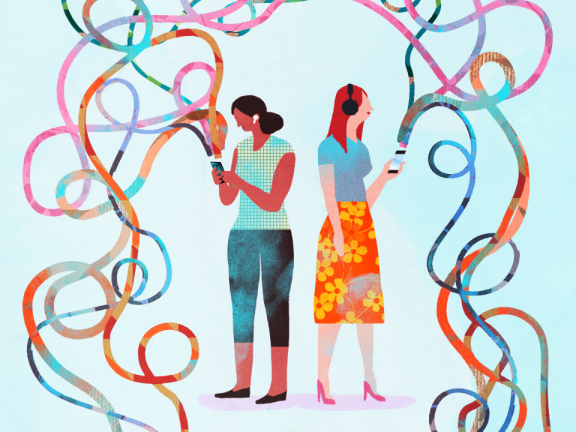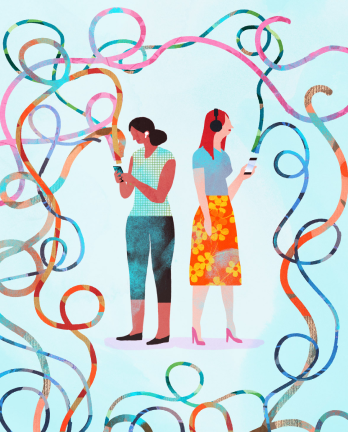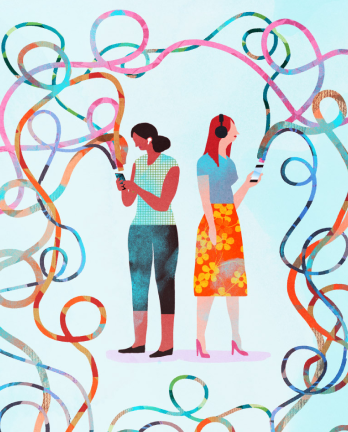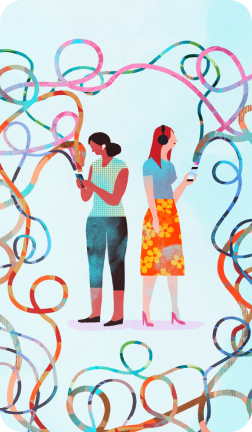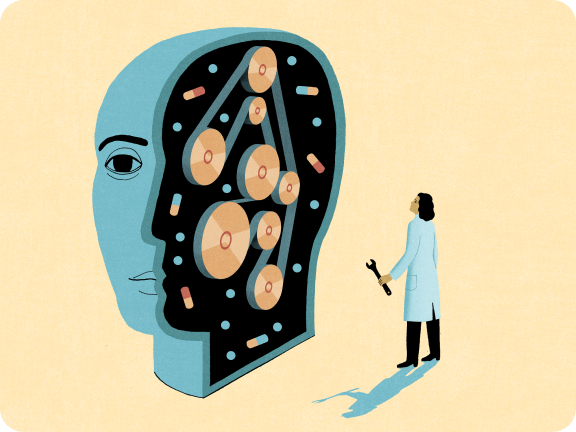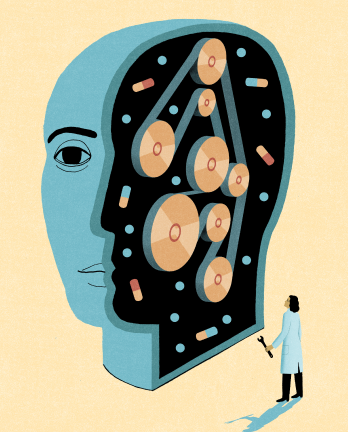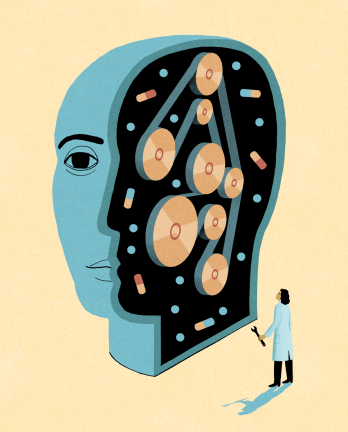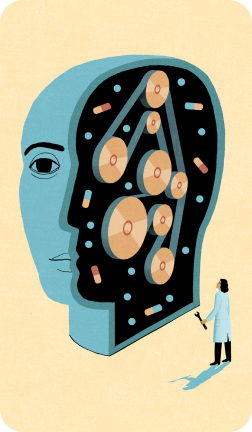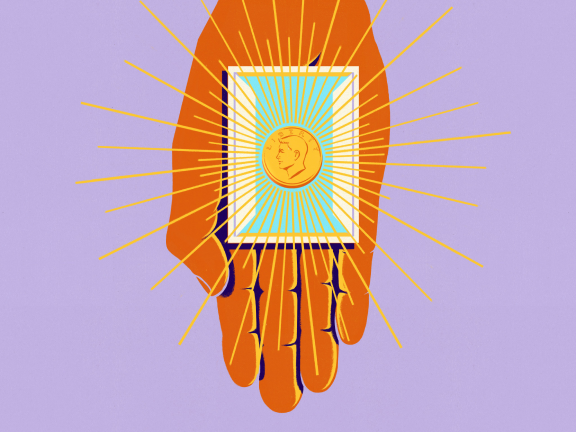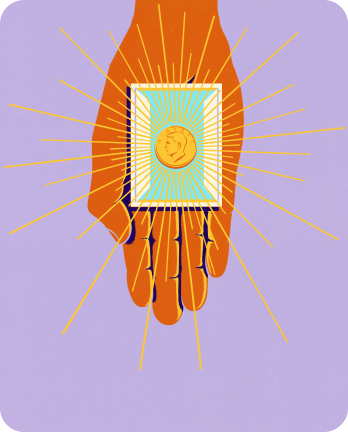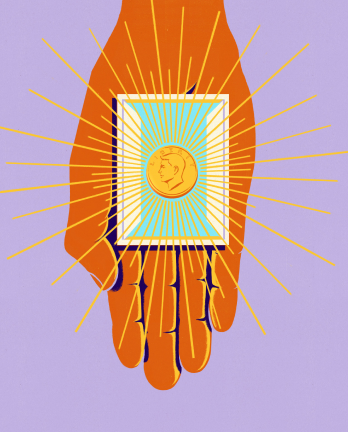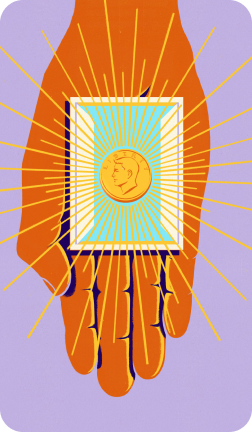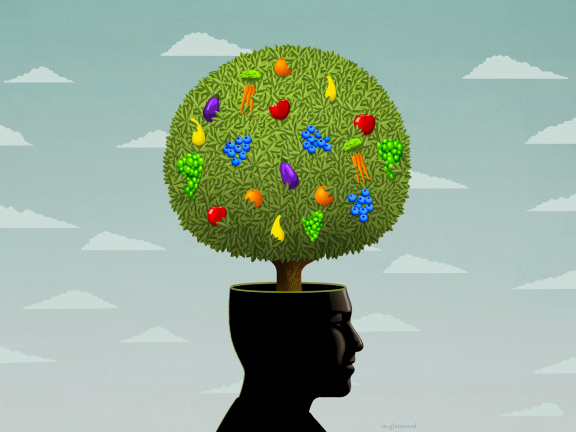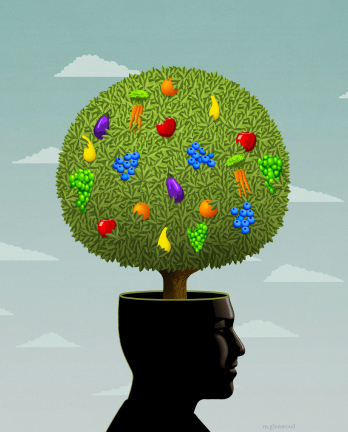Partner Content
This content was paid for by Jefferson Enterprise and created by INQStudio. The news and editorial staffs of The Inquirer had no role in this article’s creation.
This content was paid for by Jefferson Enterprise and created by INQStudio. The news and editorial staffs of The Inquirer had no role in this article’s creation.
Chronic sleep deprivation is akin to a slow-motion brain injury. In the U.S., it’s a national epidemic.
Chronic sleep deprivation is akin to a slow-motion brain injury. In the U.S., it’s a national epidemic.
Chronic sleep deprivation is akin to a slow-motion brain injury. In the U.S., it’s a national epidemic.
Chronic sleep deprivation is akin to a slow-motion brain injury. In the U.S., it’s a national epidemic.

What happened here is an example of how the brain reacts impulsively and inaccurately due to a lack of sleep. Sleep deficiency harms functioning in the parts of the brain that help you make decisions, solve problems, and control your emotions and behavior. Our cognitive abilities become less sharp, which causes diminished insight into subtle meanings and can lead to misinterpretation, overreaction, and unnecessary conflict.
“Sleep loss triggers changes in negative or adverse emotional processing, including irritability, emotional volatility, anxiety, and aggression. In vulnerable individuals, it can invoke suicidal ideation, suicide attempts, and suicide completion,” explains Dr. Karl Doghramji, professor of psychiatry and neurology at Thomas Jefferson University and program director of the university’s Sleep Medicine Fellowship. Also the medical director of Jefferson Sleep Disorders Center, Doghramji has researched the myriad ways that sleeplessness affects the brain.
Chronic lack of sleep impairs the performance of normal housekeeping tasks the brain requires to function properly. It “slows down the clearance of metabolic waste that is produced by neurons that were active throughout the day,” says Doghramji. This may be why sleep deprivation is linked to the development of dementia — sleep helps clear metabolites that can build up and create neuronal degradation in the brain.

To sleep better, you need to mitigate the external stressors and allow the brain to calm down before bed.”
Dr. Andrew Newberg, director of research at the Marcus Institute of Integrative Health, Thomas Jefferson University
Without sleep, the brain makes mistakes. In a study of subjects who were shown faces expressing sadness, anger, and happiness, participants who missed out on just one night of shut-eye misconstrued anger and happiness more often than those who had slept. Every night that you fail to get at least four hours of sleep, your brain suffers on a cellular level, putting it into a fight-or-flight state that makes it more likely you’ll react to perceived threats inappropriately.
We also lose out on the benefits of dreaming. “Dreaming is an important psychological function during REM sleep,” a phase of sleep when brain activity is heightened, says Doghramji. “It promotes the working out and reconciliation of internal conflicts, reduces daytime anxiety, and restores psychological well-being.”
We are a Nation of Walking Zombies
An estimated one in three Americans, or 84 million of us, fail to get the sleep we require. Even losing small amounts of sleep can have harmful effects on cognitive function, the foundation of every decision you make. Without sleep, the brain is in a dimmed state, akin to operating on low battery power, that reduces the ability to remember and concentrate and slows reaction time. Sleeplessness is implicated in 328,000 car accidents a year.
The most common sleep disorders include insomnia, the inability to fall or stay asleep, and sleep apnea, a condition in which regular breathing is interrupted during sleep, causing oxygen deprivation and momentarily waking the person throughout the night.
“The most common cause of sleeplessness is related to external stressors,” say Dr. Andrew Newberg, director of research at the Marcus Institute of Integrative Health, and Dr. Daniel Monti, founding director and CEO of the Integrative Medicine Center at the Sidney Kimmel Medical College at Thomas Jefferson University, in their book “Brain Weaver.” When stress spikes, our brains have trouble powering down.
In addition to stress, bad sleep hygiene can cause insomnia. This includes habits such as staring at handheld and other blue light-emitting screens, consumption of alcohol and caffeine, eating too close to bedtime, or not being active enough during the day.
The Neuroscience of Sleep
Sleep is like water for the garden of our brain. Without it, our neurons’ dendrites — the parts that send messages to other cells — in the hippocampus and amygdala start to weaken. When the brain cells in these areas responsible for decision-making and the processing of emotions like fear and anxiety fail to make the necessary connections, our reaction to a perceived threat can be hostile or aggressive as problem-solving skills go out the window.

Dreaming is an important psychological function during REM sleep. It promotes the working out and reconciliation of internal conflicts, reduces daytime anxiety, and restores psychological well-being.”
Dr. Karl Doghramji
Professor of psychiatry and neurology at Thomas Jefferson University
and Medical director, Jefferson Sleep Disorders Center
Quality sleep can restore these healthy connections as readily as watering a garden will help wilting flowers perk up, as long as it is done in time. Chronic lack of sleep can cause permanent damage to the structures and functions responsible for rational thought and behavior:
Further, when scanning the brains of subjects who had missed a night of sleep, researchers found that areas of the brain responsible for empathy were less active than the brains of those who had slept. Having difficulty falling or staying asleep for three months or more is linked to suicidal thoughts and behaviors. And sleep deprivation is associated with a higher likelihood of risk-taking. Sleep deficiency harms function in parts of the brain that help you make decisions, solve problems, and control your emotions and behavior.
Steps to Better Sleep
Our natural sleep-wake cycle is tied to the cycles of the earth and the sun. As darkness descends in the evening, the pineal gland starts to produce melatonin, which signals the brain that it is time to sleep. As the sun’s rays return in the morning, melatonin decreases, and the brain wakes up. This cycle is easily and often disrupted by the conveniences and distractions of modern life, from the melatonin-disrupting blue light and noisy notifications of our handheld screens to lights that allow us to read deep into the night and airplanes that take us across continents and time zones in the blink of an eye.
“To sleep better, you need to mitigate the external stressors and allow the brain to calm down before bed,” Newberg says.
Here are some tried-and-true methods to help you develop healthy sleep habits and give your brain the rest it needs:

Sleep loss triggers changes in negative or adverse emotional processing, including irritability, emotional volatility, anxiety, and aggression. In vulnerable individuals, it can invoke suicidal ideation, suicide attempts, and suicide completion.”
Dr. Karl Doghramji
Professor of psychiatry and neurology at Thomas Jefferson University
and Medical director, Jefferson Sleep Disorders Center
Snoring is a common symptom of sleep apnea in up to 94% of patients. The Jefferson Sleep Disorders Center has locations across Greater Philadelphia and South Jersey, where board-certified sleep medicine physicians guide patients through testing, diagnosis, and treatment for sleep apnea and other disorders and help them get the sleep they need.



A Societal Priority
The value of midday siestas for health and productivity is confirmed by research, and some companies have even adopted nap rooms and pods to promote midday rest. Napping may not be recommended for people who suffer from insomnia, but a 2023 study concluded that habitual daytime naps in healthy adults promote larger brain volume, which is associated with better cognitive performance. Another 2023 study found that napping can increase creativity — especially when nappers “incubate” their sleep with a specific idea as they drift off.
Our daily schedules are heavily dependent on the requirements of work, school, and a constantly connected mindset, and as a society we have not prioritized the organization of our days in a way that ensures we are getting adequate rest. For example, while both the Centers for Disease Control and the American Academy of Pediatrics recommend school start times no earlier than 8:30 a.m., the average start time for public high schools in the U.S. is 8 a.m.
According to a 2023 Survey, more Americans are prioritizing sleep as we begin to understand the importance it plays in a healthy lifestyle. More than half of those asked said getting a good night’s sleep is a “major priority” on a weeknight — even more of a priority than eating healthy. The brain suffering from chronic sleep deprivation is just one more factor contributing to the epidemic of aggression and violence in our society. It’s up to us to put ourselves to bed and get a good night’s sleep. We owe it to ourselves — and each other.


SLEEP ON IT The consolidation of procedural memories, vital for skill acquisition, predominantly occurs during the restorative stages of deep sleep. So ensuring adequate sleep may enhance the efficiency of motor skill learning and performance and provide a potent hack for enhancing problem-solving skills.
SLEEP ON IT
The consolidation of procedural memories, vital for skill acquisition, predominantly occurs during the restorative stages of deep sleep. So ensuring adequate sleep may enhance the efficiency of motor skill learning and performance and provide a potent hack for enhancing problem-solving skills.
Illustrations by Tatsuro Kiuchi
Home of Sidney Kimmel Medical College




